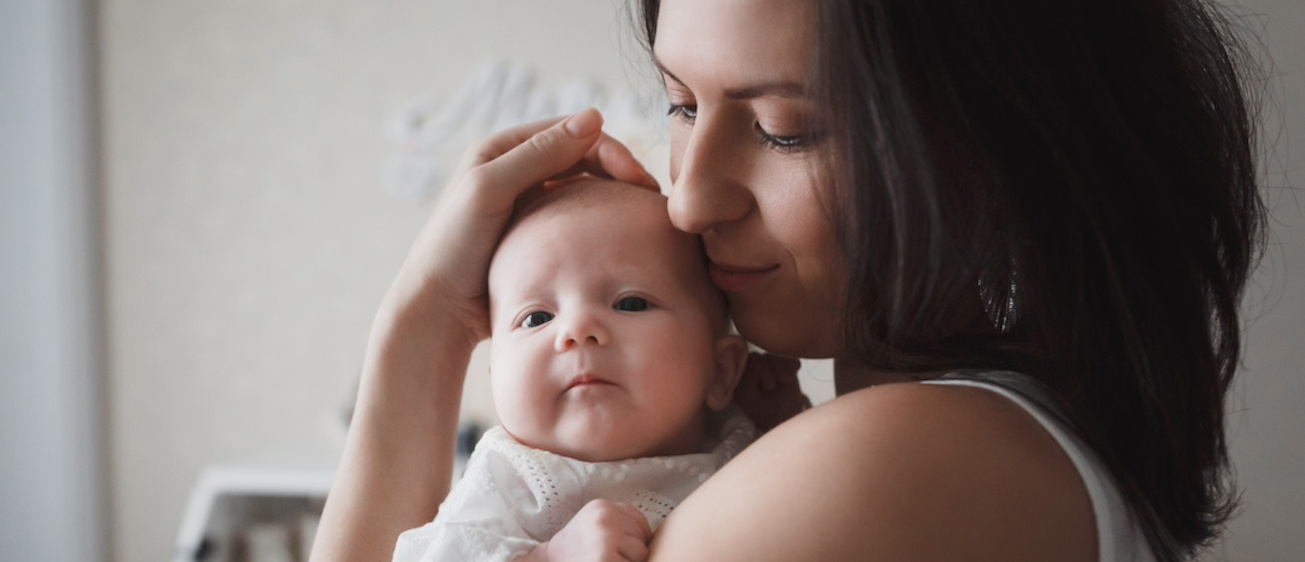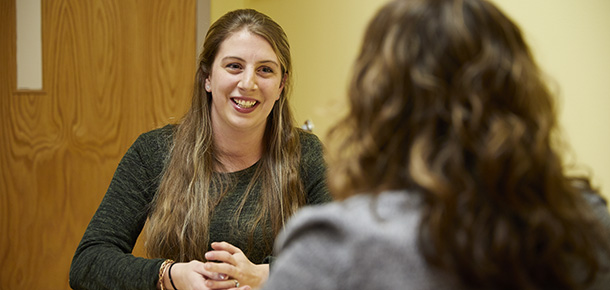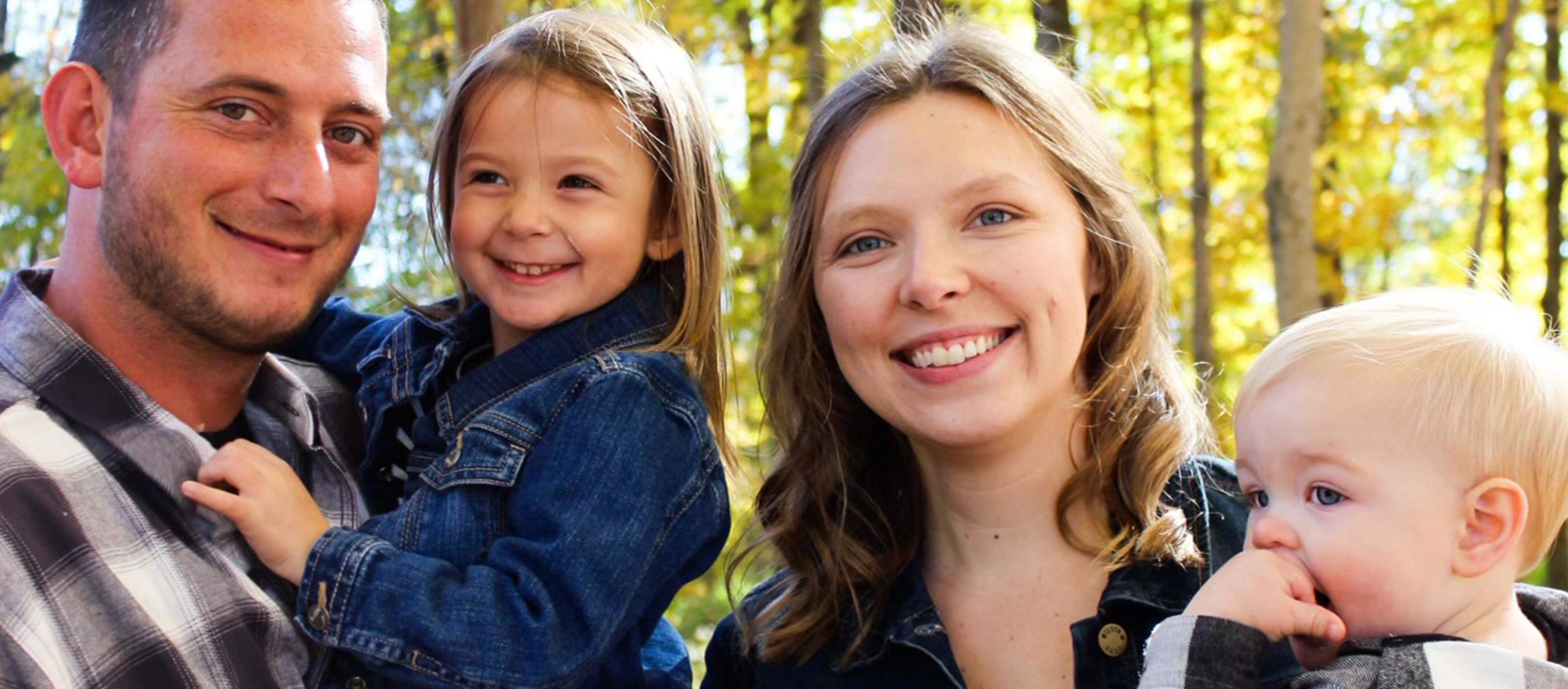The short answer is: it depends. If you have congenital heart disease and are thinking about becoming pregnant, or if you already are pregnant, you should speak with a high-risk obstetrician (maternal fetal medicine (MFM) specialist) and a cardiologist who has expertise in adult congenital heart disease (ACHD).
These doctors will talk with you about your particular heart defect and how your heart will tolerate pregnancy. This is important information to learn because pregnancy places extra demands on the heart—even if you don’t have congenital heart disease. During pregnancy, normal physiologic changes occur that affect your blood volume, cardiac output, heart rate, and blood pressure. These changes may have a bigger impact if you have underlying heart disease.
WHAT ARE MY RISKS?
How pregnancy will affect a woman born with a congenital heart defect depends upon her type of defect, the types of repairs she has (or hasn’t had), how well she feels prior to pregnancy, if she has experienced any heart-related complications, the kinds of medications she takes, and how well her valves, heart muscle, and electrical system are currently working.
Some potential issues during pregnancy can include heart rhythm problems, heart failure, blood clots, strokes, high blood pressure, and aortic aneurysms (dilation) and dissection (tear in the wall of the aorta). Cardiovascular disease is a significant cause of maternal complications during pregnancy in the United States, and it is important that every woman knows her individual risks, both for herself and her unborn child.
IS IT SAFE TO GET PREGNANT?
If you were born with a congenital heart defect, you may have received mixed messages about pregnancy. Some women were told they “can’t get pregnant” by their doctors, when they likely meant, “you shouldn’t get pregnant.” In other words, it is possible for most women with adult congenital heart disease to conceive, but pregnancy may be higher risk and warrant more frequent testing and visits with specialists, as well as an individualized delivery plan. There are more rare cases in those with very serious heart conditions in which we may recommend against pregnancy to avoid unacceptable risk to mother and baby.
The reality is that most women with ACHD (with a few exceptions) can have a healthy pregnancy, so long as heart health is optimized before pregnancy, and they are appropriately monitored during pregnancy, delivery, and the postpartum period.
SCHEDULING AN ACHD CONSULTATION
You can start the process of learning more about your heart defect and how it might impact pregnancy by scheduling a consultative visit with an ACHD specialist. The best time for this is when you are considering or planning a pregnancy—but if you are already pregnant, you should see a specialist in the first trimester.
WHAT TYPICALLY HAPPENS DURING A VISIT?
- A complete evaluation of your heart. This will help determine how well you might handle the pregnancy. This evaluation usually includes personal and family history, physical exam, EKG, and echocardiography, as well as a review of your cardiac medication list. Additional tests, such as a stress test, Holter monitor, or cardiac MRI may be recommended as well.
- A detailed discussion about what you can expect. We will describe the potential complications we think you may encounter. We will determine if you are at low, medium, or high risk, or if your risks are essentially the same as the general population. The evaluation will help shape the plan for monitoring your heart health during pregnancy and beyond. If you do not already have a high-risk OB or MFM specialist, we will refer you to one, as we collaborate closely with our MFM colleagues throughout the region.
- Pre-pregnancy recommendations. If we are able to evaluate you prior to pregnancy, we can advise you if we think you should have any medications added or changed, procedures, or surgeries prior to attempting pregnancy so that you might reduce your risks during pregnancy.
- A genetics discussion. We can also help you determine your risks for passing on a heart defect to your child. It depends upon the condition, but in general the risk is about 1.5-3% if the father has ACHD and up to 18% if the mother has congenital heart disease. The presence of a known genetic syndrome or condition may further increase the risk of cardiac disease in your child, and so we may recommend a genetics consultation and testing to look for those conditions. A fetal echocardiogram is typically recommended between 18-24 weeks gestation to check for heart defects in your unborn child.
The main takeaway here is that if you were born with congenital heart disease and you’re thinking about becoming pregnant, please make sure that you are followed by a cardiologist specializing in ACHD.
While the majority of women can have a healthy pregnancy, there is a broad spectrum of complexity and risk within patients born with heart defects. We will work with you to assess your personal risk and to form an action plan to carry you through your pregnancy and beyond.
Read Next: With proper care, many women with congenital heart disease are able to have a healthy pregnancy. Read about one mother’s pregnancy journey with ACHD.






Why is it that my OB did not see or found any deffects during my pregnancy?
Just deliver my baby girl last year nov.30 2015 and died at dec. 20 2015, the diagnose was conginetal heart disease,tetralogy of fallot with pulmonary valve artrecia and neonatal sepsis.we both side of my husband don’t have any history of that disease.